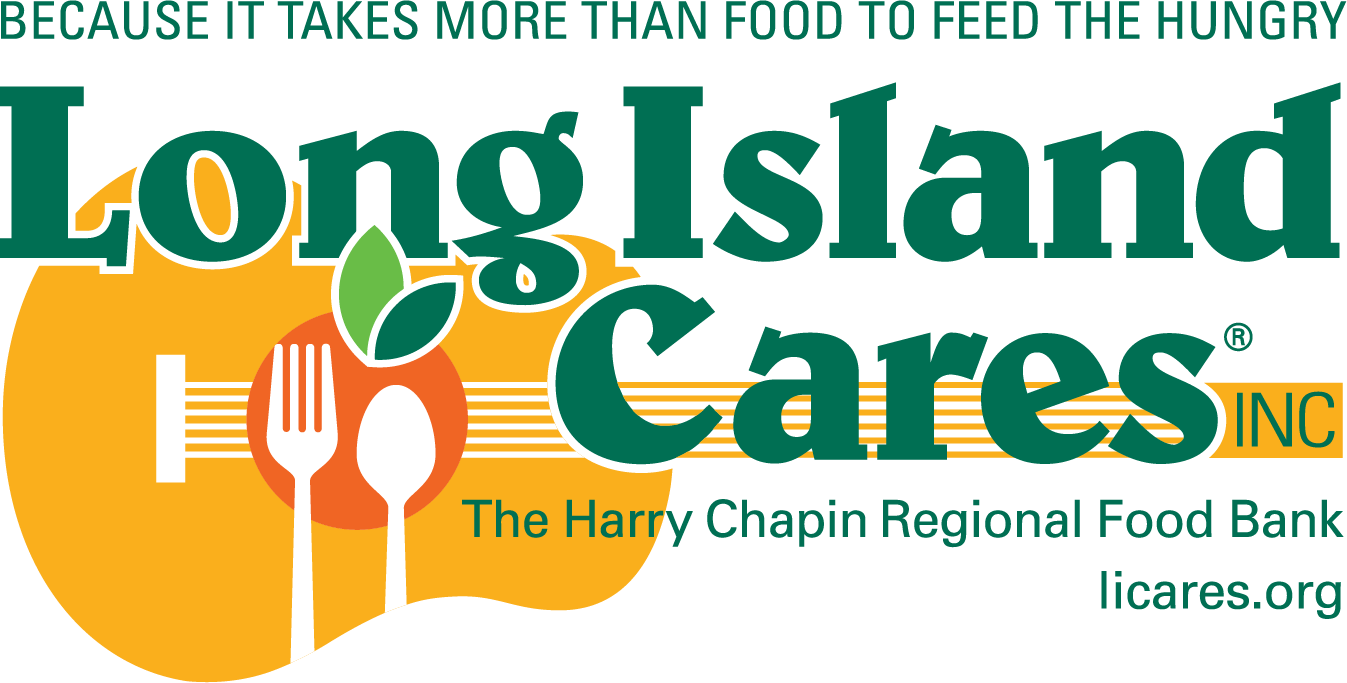The Secret Life of Groceries: The Dark Miracle of the American Supermarket
An exclusive interview with Benjamin Lorr
By Landon D’Agate
I was honored to speak with author Benjamin Lorr, who spent five years researching the topic for his book The Secret Life of Groceries: The Dark Miracle of the American Supermarket. Mr. Lorr is an expert on American supermarkets, exploring many distinct aspects and meeting with suppliers and distributors. He experienced many parts of the supermarket supply chain, including working behind the fish counter at Whole Foods, spending time with a truck driver, and traveling to Asia to learn about commodity fishing. During our discussion, we explored the miracle” of the modern supermarket, its role in food waste, and its environmental impact.
I highly recommend this insightful and fascinating book, which will change how you perceive and interact with your local supermarket.
To watch my complete interview with Benjamin Lorr, CLICK HERE
How do supermarkets perpetuate food waste?
Mr. Lorr uncovers how multiple aspects of supermarkets contribute to food waste at different supply chain stages, from production to consumption.
First are the aesthetic standards imposed by retailers, which lead to the rejection of perfectly edible but visually imperfect fruits and vegetables. These aesthetic standards result in a significant amount of wasted produce.
Second, Mr. Lorr also discussed the practices of overstocking and over-ordering by supermarkets and food retailers. These practices occur due to the increasing pressure to meet customer demands and maintain fully stocked shelves, leading to excess perishable items going unsold and becoming waste.
Third is the expiration dates and sell-by labels on products. Mr. Lorr discussed how these labels could be misleading, leading consumers to discard food prematurely based on a misconception of safety or quality. This results in food needing to be discarded.
Finally, the book explores multiple issues within the industry that contribute to food waste. Both complex supply chains and logistical challenges contribute to excessive food spoilage and waste. Throughout the book, we learn how food waste perpetuates within the grocery industry.
How can future generations help hold supermarkets accountable for becoming more sustainable?
Future generations can help improve the current supermarket conditions in several ways:
Consumer Demand: As consumers, we can influence supermarkets through our purchasing decisions. Our purchases can help create demand for sustainably produced and sourced products. Through our spending, we can send a message to supermarkets that there is a market for sustainable options, encouraging them to stock and prioritize these products.
Engage with Supermarkets: Reach out to supermarkets and express your concerns and preferences regarding sustainability. We can all accomplish this through feedback forms, social media, or direct communication. By vocalizing your desire for more sustainable options and practices, you raise awareness and encourage supermarkets to make changes.
Advocate for Change: Join or support advocacy groups focused on sustainable food systems and supermarkets adopting more sustainable practices. Working collectively through these groups, we can exert more pressure on supermarkets to prioritize sustainability.
Education: Future generations will need to educate themselves to stay informed about sustainable practices related to food production. This knowledge will help current and future consumers make informed choices and hold supermarkets accountable for their sustainability claims and practices. An educated consumer is also a sustainable consumer.
References
- Lorr, B. (2020). The Secret Life of Groceries: The Dark Miracle of the American Supermarket. New York, Avery, an imprint of Penguin Random House.
